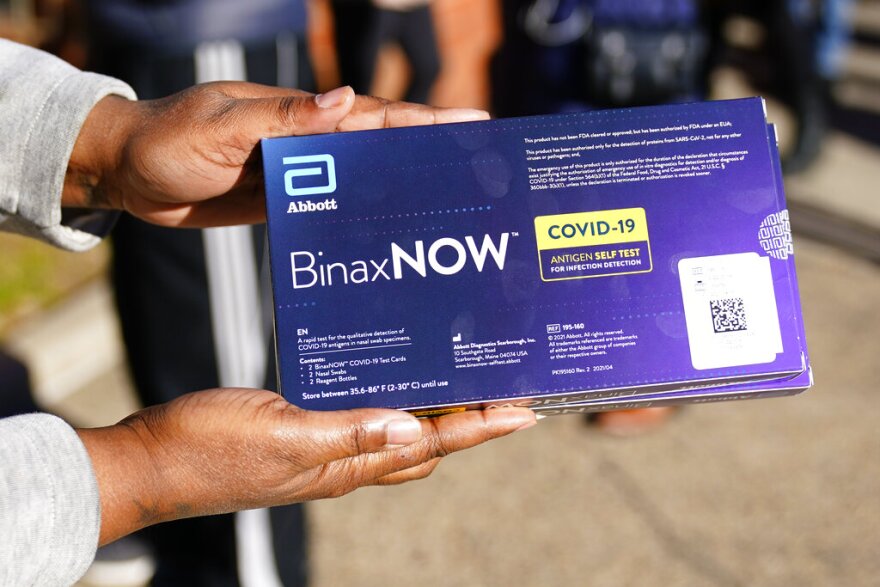BETHLEHEM, Pa. - At-home COVID-19 tests have a shelf life, but the expiration date on the box may be incorrect.
When the U.S. Food & Drug Administration approved the usage of at-home rapid tests, most were given a shelf life of four to six months, says Dr. Jeffrey Jahre, senior vice president of medical and academic affairs at St. Luke’s University Health Network.
Jahre recommends not automatically following what is listed on the carton, as some test expiration dates have been extended.
He advises people to “go to the FDA site, and you can just put in on your search engine COVID test exploration, and it will lead you to an index of all of the approved COVID tests and what extensions have been granted.”
“The problem with a lot of the tests, though, is that particularly for those people who got it early on, that there was a rapid expiration date on it and the reason for that was that there wasn't good stability data," he said.
Jahre says in most cases the date has been extended, but he reminds people that home tests are not 100% accurate.
He says if someone has symptoms, but tests negative, they still might have COVID-19 if others in the house are testing positive.


